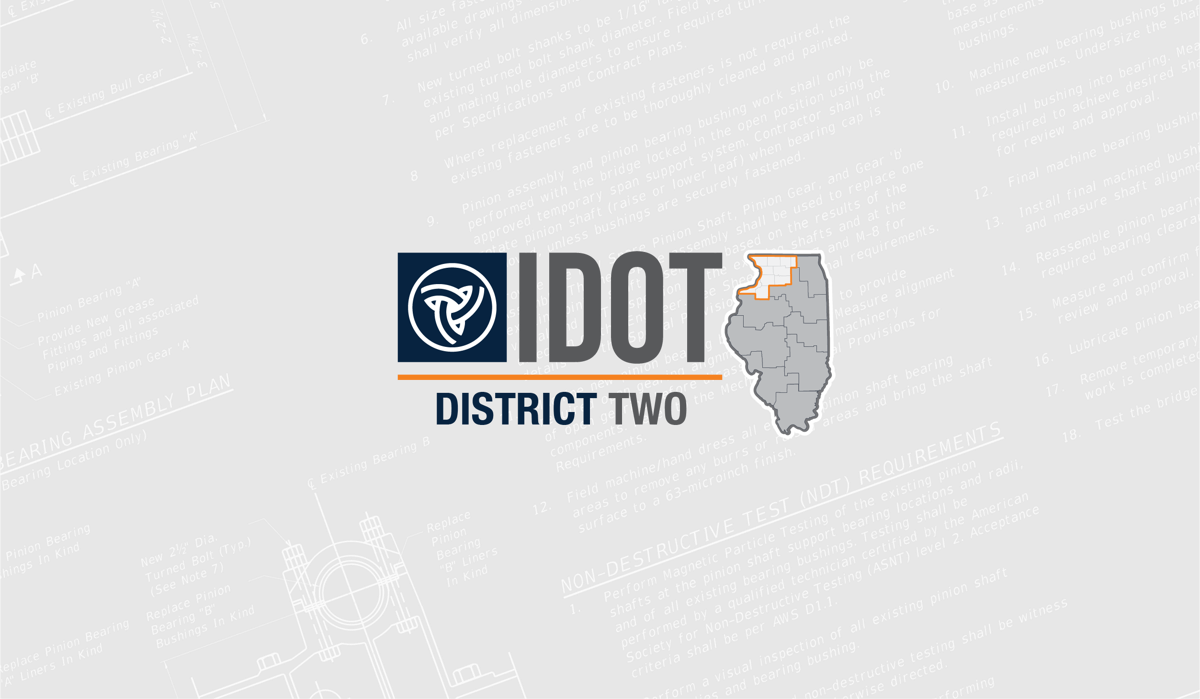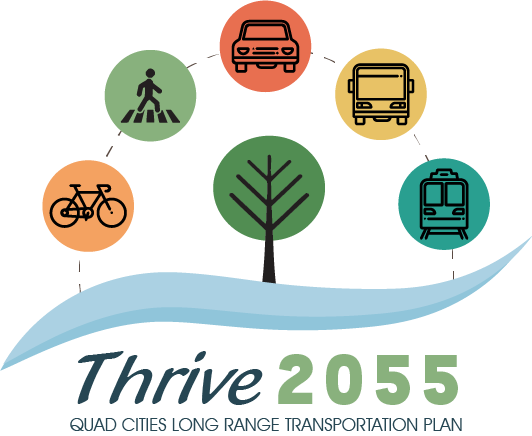- Details
- Written by: Sarah Grabowski
- Category: Bi-State Regional Commission
- Hits: 1279
On or about June 17, 2025 the City of Muscatine will submit a request to the U.S. Department of Housing and Urban Development (HUD) for the release of Healthy Homes and Lead Hazard Reduction funds under the Consolidated Appropriations Act, as amended, to undertake the following multi-year program: Muscatine Healthy Homes and Lead Hazard Control, for the purpose of addressing lead hazards, radon, carbon monoxide, and electrical hazards in homes with Census Tract 508. The City of Muscatine is requesting the release of $2,956,932.31.
- Details
- Written by: Sarah Grabowski
- Category: Bi-State Regional Commission
- Hits: 1638
Public comment on the Andalusia Road-Indian Bluff Road Corridor Study will be received until May 7, 2025. Materials from the April 9 public meeting on Alternatives and Strategies can be downloaded here. Submit your written comments to
- Details
- Written by: Sarah Grabowski
- Category: Bi-State Regional Commission
- Hits: 1609

The Illinois Department of Transportation, in partnership with the Iowa Department of Transportation, will host a public meeting for the U.S. 67 (Centennial Bridge) Corridor project on Thursday, April 17. The event will be from 2 to 6 p.m. at the Holiday Inn Rock Island-Quad Cities, 226 17th St., Rock Island.
- Details
- Written by: Sarah Grabowski
- Category: Bi-State Regional Commission
- Hits: 2306
pdf 2055 LRTP Public Survey Media Release January 2025(139 KB)
Andalusia Road Corridor Study Survey
Unpublished- Details
- Written by: Sarah Grabowski
- Category: Bi-State Regional Commission
- Hits: 5360
Bi-State Regional Commission along with Rock Island, Milan, Moline and Rock Island County are conducting a study of Andalusia Road/Indian Bluff Road from Turkey Hollow Road to US 150 and are seeking input from the public and stakeholders.
The purpose of this survey is to identify needs and opportunities along the corridor. https://www.surveymonkey.com/r/AndalusiaRoadCorridorStudy
pdf Andalusia Road Corridor Study Survey Questions(333 KB)

- Details
- Written by: interGen support
- Category: Bi-State Regional Commission
- Hits: 8836
Can’t find what you’re looking for? Check out
our list of GIS and data resources!
- Details
- Written by: interGen support
- Category: Bi-State Regional Commission
- Hits: 9798
Illinois Quad Cities GIS Consortium
The Quad Cities GIS Consortium is an open repository of local GIS datasets, maps, and web applications. Con-
tent is curated by Bi-State and local government partners.
Data Products
Bi-State produces and distributes a variety of data publications for the region including the Comprehensive
Economic Development Strategy (CEDS), community fact sheets, folded travel maps, and more.
GIS & Data Resources
Our resource directory provides quick links to state and national datasets covering economic, demographic,
and educational characteristics. It also includes GIS data on a variety of local and regional topics. Traffic
counts, community Census data, and more can be found here.


